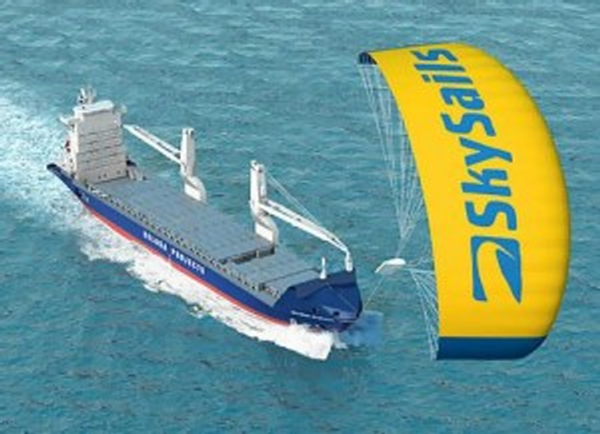
The carbon emissions are increasing day-by-day with the increased level of transportation due to increased needs of people. Greenhouse gases come from different human activities and at present, the freight sector is alarming with the consistence increase in carbon emissions. Freight sector is responsible for more than a quarter carbon emissions of total carbon emissions by the transportation of many countries. However, with an efficient freight management, we can reduce the carbon emissions with the contribution of each and every one of us.
Uncontrolled carbon emissions, increase the threat of global warming and we must voluntarily obligate ourselves to create a greener tomorrow for our happy living on the earth.
Some tips on how to reduce the carbon emissions in freight sector is mentioned in brief here:
1. Usage of more freight rail
Trucks are emitting more carbon while moving the freight. This can be controlled by using trains for freight moment wherever possible, as rail transport system has proved four times more fuel efficient than road trucks. Electrification has been done in most of the train routes all over the world, so it drastically reduces the carbon emissions for the transportation of the freight.
So, we can reduce the carbon emissions by 75% with the usage of rail transport instead of trucks. Transportation of freight through trains is also easier, cheaper, simple and readymade immediate way of reducing green house gasses without spending a single penny especially for this cause.
2. Cleaning the ships
Large ships need more fuel than small ships. To reduce the cost, many people are running the large ships with low grade fuel, which emits more carbon dioxide. Efforts are under progress for reducing the carbon emissions by different means.
A German company ‘Sky Sails’ has designed larger kites for aiding the propulsion of the ships by using the natural wind power and thereby reducing the fuel consumption. It has been proved that towing by these kites reduces the annual consumption of a truck’s fuel by around 40 percent.
Using solar panel to get some part of energy is also one of the remedial methods to reduce fuel consumption. Ships of present days are designed with cutting-edge technology and are upgrading to use high-grade fuels which are more efficient with less carbon emissions.
3. Using electrical power at ports
Ships have to wait at ports for weeks together for offloading the cargo and uploading the fresh cargo. Sometimes, they may have to stay at ports till they get sufficient orders to reduce average cost and increase profits. In olden days, during these waiting periods at port, ships are using its usual fuel and increase carbon emissions at ports.
Hence, it is a better idea to use electrical power for the necessary power requirements to avoid more pollution. As the ships are moving all over the world, it is necessary to follow the standard common electrical connections for using any port of the world.
4. Smart logistics
Most of the trucks travel some part of their journey without any load due to different reasons. This causes a huge waste of fuel as well as increased level of carbon emissions.
A survey has revealed that an average truck drives without load for around 15 K miles in a year and wastes 2500 gallons of fuel without any use. This produces around 25 tons of carbon emissions per truck per year.
So, to cut short this wastage, a smart logistics is necessary. A GPS fleet location has introduced by ‘Ryder Trucking’ to modify the routes as per the requirement of cargo while the truck is on its way and it also detects the engine’s incompetence, too.
This ensures no truck travel with empty trucks wherever possible and thereby saving money and reducing the carbon emissions.
5. Perfect transportation management
If many trucks are moving in a single route, there may be a chance of congestion. It causes tonnes of fuel being wasted, which leads to increase of carbon emissions. This situation can be avoided by proper transport management, which ensures scheduling and routing the truck vehicles. This also motivates the truck companies to use upgraded fuel and participation of supply chain management.
There are some other measures involved in transportation management such as implementing fleet management programs for improving the vehicle mileage, usage of ideal sized vehicles for each trip, maintaining the trucks while on move to reduce operational costs and congestion, etc. To reduce the waste of truck’s time during break times, truck stations are built with electrical hooks ups along the major high ways, so as to retard fuel usage and emissions.




